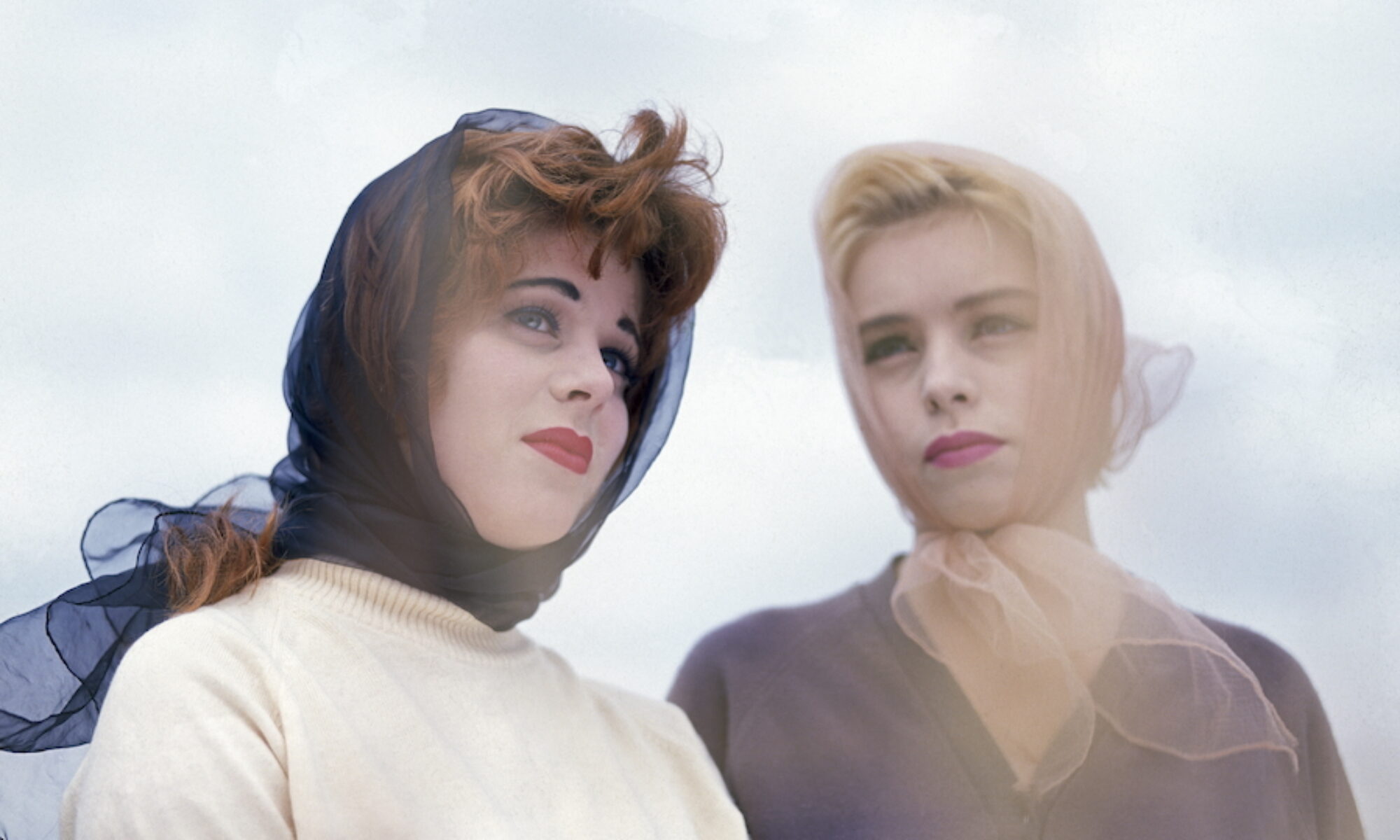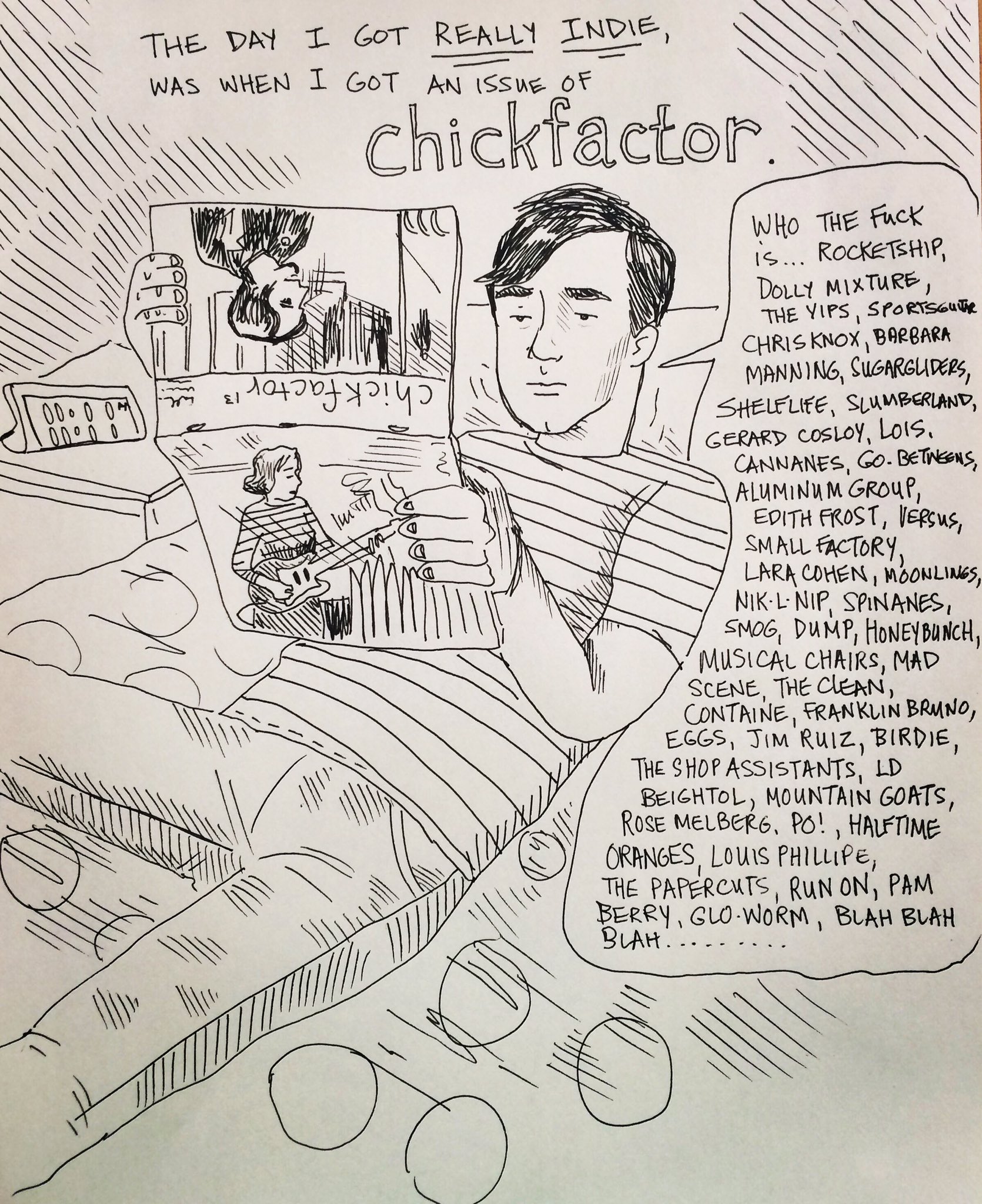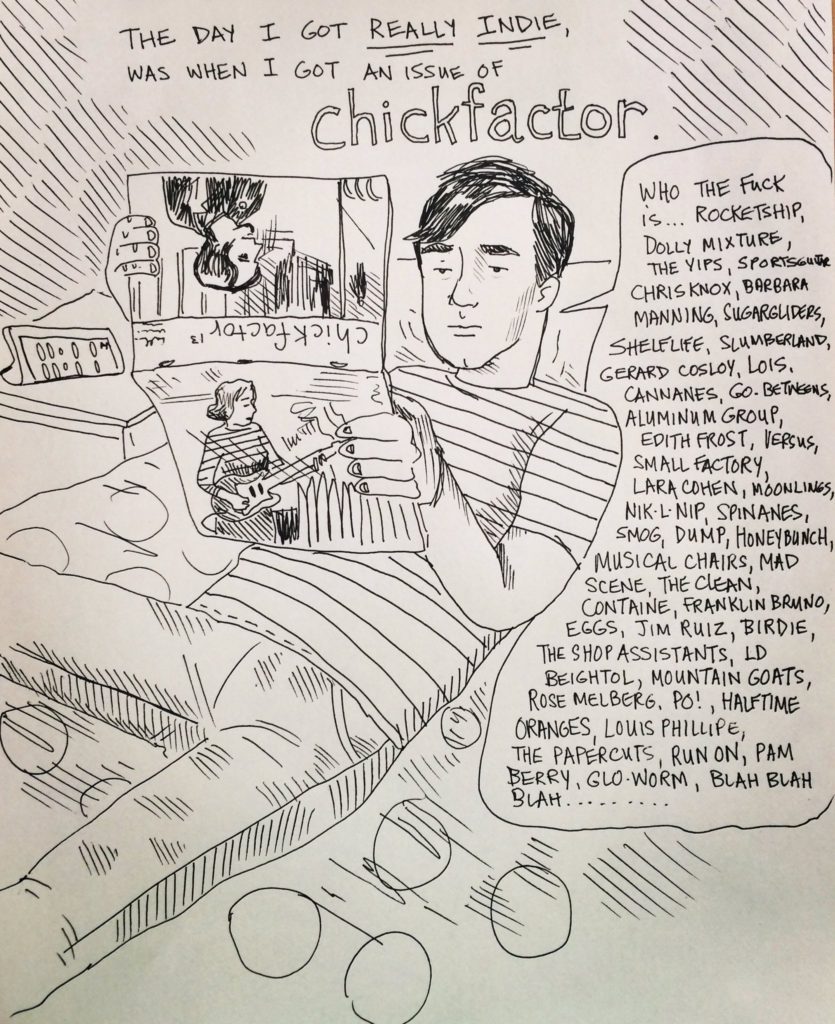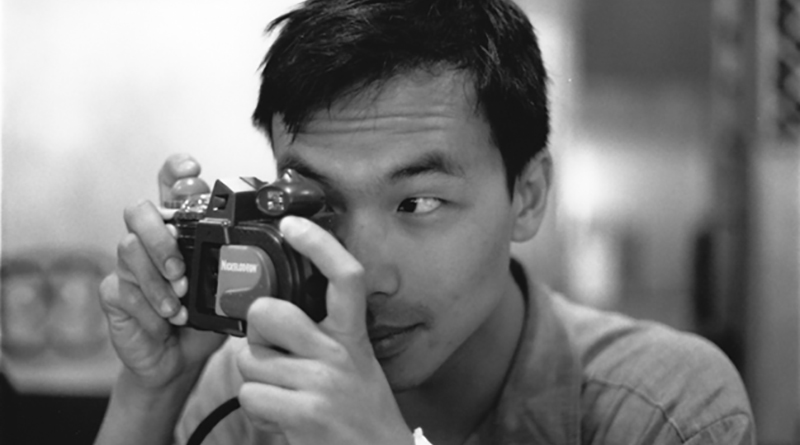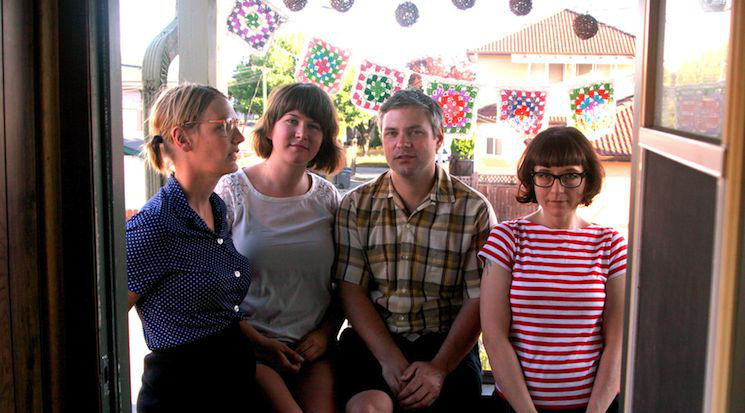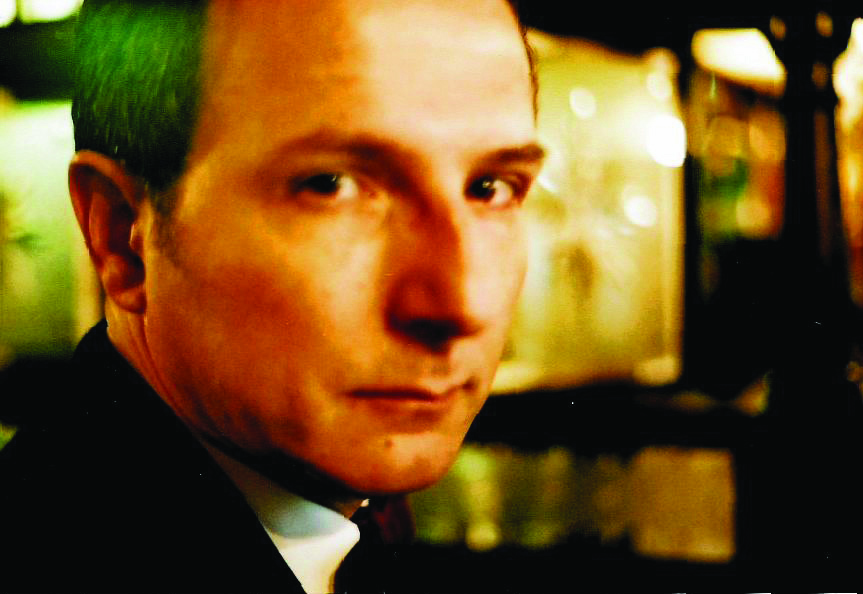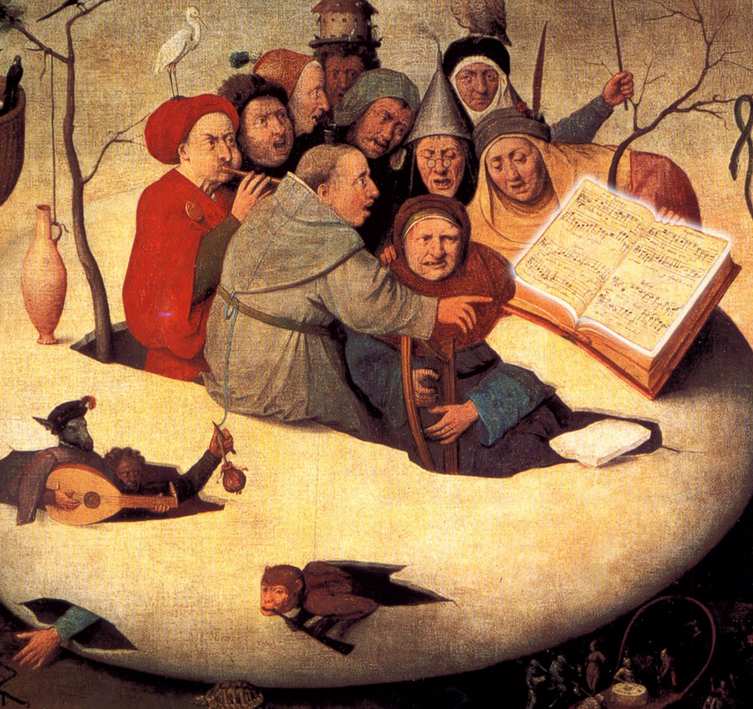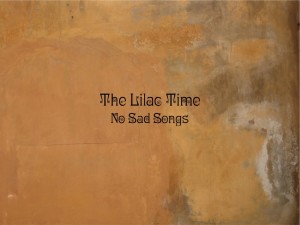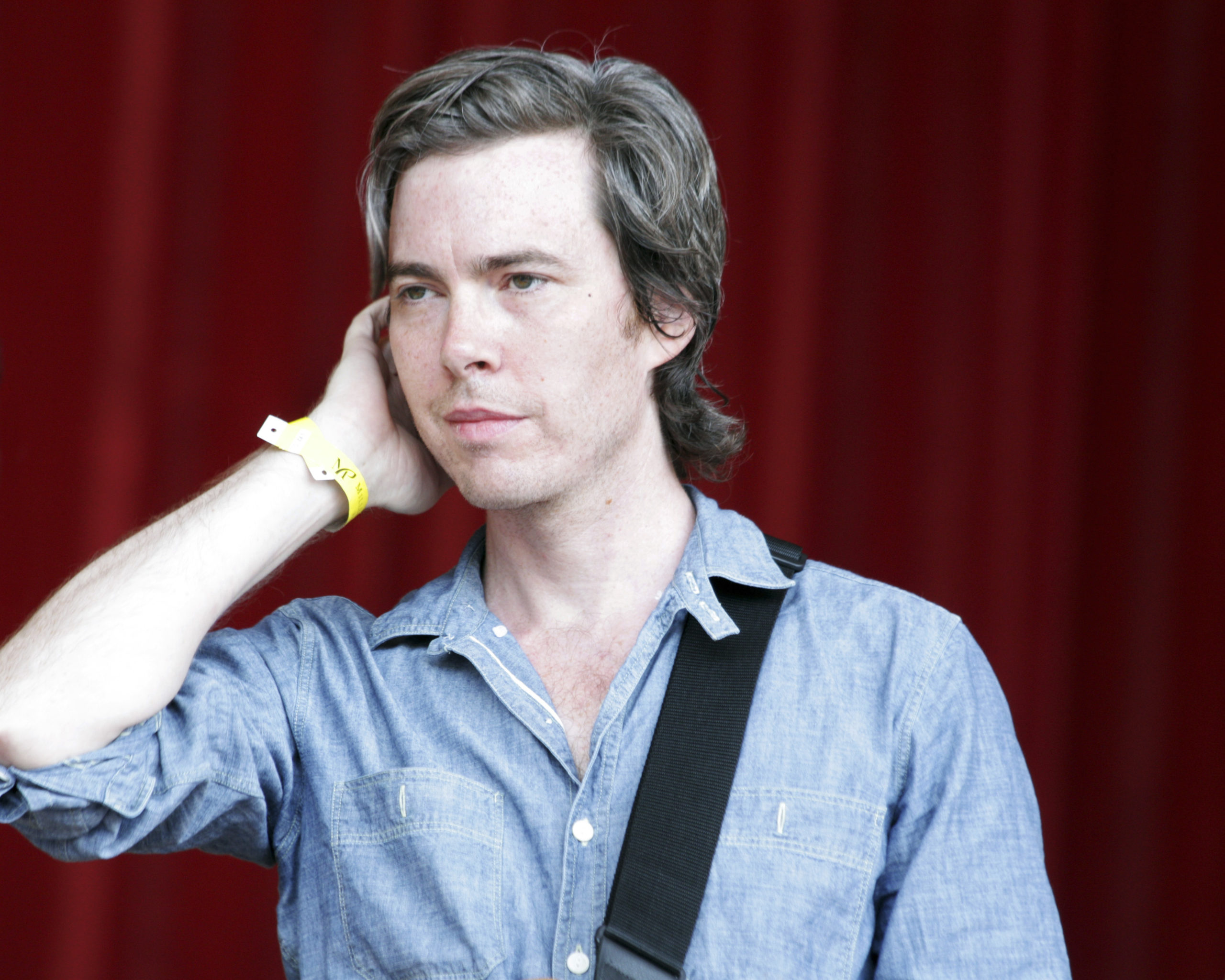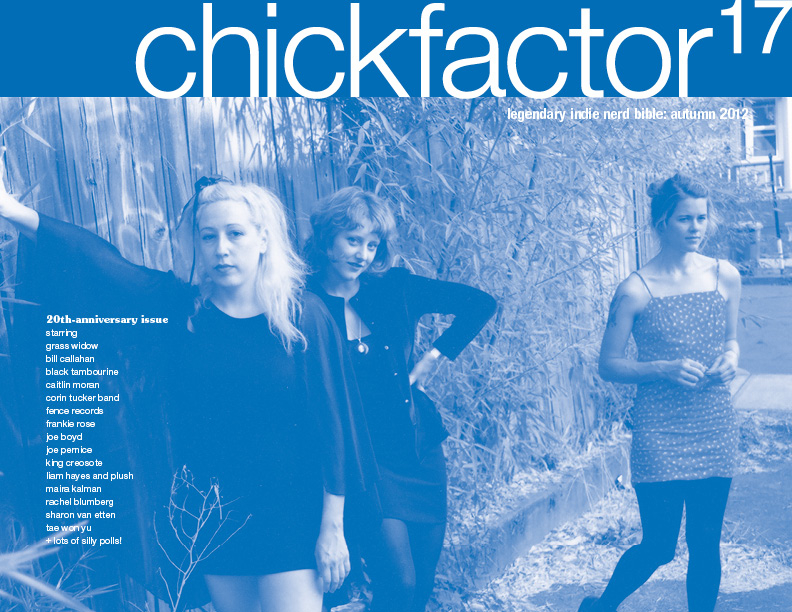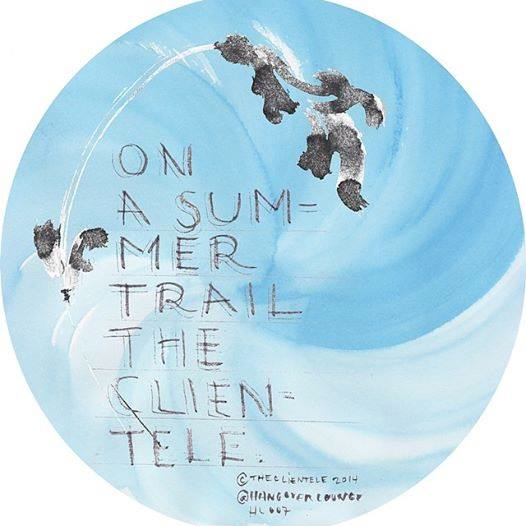it’s an honor to present an interview with insanely talented artist-designer–photographer-renaissance man tae won yu, who used to play in kicking giant. gail and peter momtchiloff interviewed tae in lois’ living room on a moonlit september eve… (this originally appeared in our paper issue chickfactor 17, out in late 2012)
photo of tae won yu by gail o’hara; other artwork and photos by tae won yu
chickfactor: do you come from a creative or musical family?
tae won yu: no, I’m the only one. I don’t know anyone in my family who does art. my father played the clarinet. he had somewhat of an artistic soul but he was really a journalist. both my parents saw me as
a little bit of an anomaly. they often commented on where I got my predilection for drawing…
peter: which predilection emerged first?
tae: visual art definitely. when I was in kindergarten, constructing elaborate cardboard costumes and sculptures and cray-pas drawings. when I was in elementary school in america, I was obsessively drawing the new york yankees. I remember getting
a nice autograph from reggie jackson and a bunch
of players. I would draw portraits of them in marker. for awhile it was quite embarrassing, the living
room was filled with my portraits. then there was a melding around junior high when I became obsessed with music and I would draw and paint album covers perfectly. I was informed by a style and aesthetic I don’t see anymore, which was—in queens, where
I grew up, there were a lot of rockers and heshers who had jean jackets with iron maiden art beautifully airbrushed or oil painted on the back panel, the coolest ones.
cf: we saw a leather biker jacket with talulah gosh on it in portland. what were you like as a teenager?
tae: mostly a music phase. very intense, very angry. I was obsessed with the clash and english music. the first record I got—was it called venus records? on 8th?—I asked them what was good and they asked me what I liked. I said I like punk rock, and I don’t like horns. they gave me buzzcocks singles going steady and wire’s pink flag and basically that’s all I listened to.
cf: what about when you started playing music?
tae: that was ’89 I think. I had just started college. the music that influenced me back then was yo la tengo’s first album and seeing sonic youth live for the first time. the first time I heard yo la tengo’s first album it was playing at café orlin. I was into r.e.m. too. there was a good balance to that music. definitely seeing sonic youth, there was something visceral about how they riffed and played music, making noise, attacking the instrument. it gave me ideas and a sense of freedom about how to make music that wasn’t based on playing well. I bought a four-track from a heavy metal guy in the chelsea projects. from there on
it was very similar…if I want to see something, I’ll draw it. if I want to have something, I’ll make it. in the same way, it’s basically playing pretend.
cf: how did you end up in olympia?
tae: right after graduating cooper union and the summer before that, meeting lois and calvin. people were telling me about olympia bands like the go-team when I was in new york but I didn’t really know about it and never listened to that music.
peter: did you play in any bands in
new york?
tae: I made a cassette album and passed it around and made it my own obsessive hobby
to create covers and editions and pass it to people and people liked it. the formative experience was definitely seeing a show at a yoga studio, I remember many things about it, it was downstairs, celebrities were there (jon spencer). it was mecca normal, some velvet sidewalk, go-team, galaxie 500 played, all these things were just swirling. it was an amazing show. I immediately connected with what galaxie 500 were doing and I really got go-team. I gave him my so-called album and he wrote me back and through him and sassy magazine I connected to allison wolfe and molly and bratmobile. it was a whirlwind of activity. no one I knew was aware of these things except for the rock nerds, but I didn’t really learn it from them. that show and myself just writing got me really connected, and somewhere in the next year I was playing with rachel, we had this early version of kicking giant, and olympia seemed to be the promised land. the ipu thing was happening, calvin invited us.
peter: how did you hook up with rachel?
tae: she wore an einstürzende neubauten shirt to our class, just through that, through the t-shirt connection we started talking and became inseparable best friends. every single night we would hang out and talk. we were really close. the experience of going to olympia—the enthusiasm and the freedom—we were there a couple weeks before ipu just dancing. coming from new york, where people are just standing around, and there seemed to be no purpose to play music except to say that you just did. I don’t know exactly why we did it, there were no rewards other than the company. but the eye-opening experience of playing in olympia was that it was kids and they really loved it. it was a lot of love being shown for music. a lot of sincerity and enthusiasm. it was very seductive, so that’s why. after returning to new york, I needed to make a decision. I had nothing going on in new york.
cf: how did it change you to live in olympia?
tae: I learned so many things about self-sufficiency. it gave you freedom and part of it was an exercise in delusion about ignoring certain things you might have to invest your time in doing but I learned about how you make things, and you make things for yourself and each other in the community, I learned to make a pie, I learned to cook. you experience the inspirational energy of riot grrrl and communities that were self-empowered and self-directed toward a greater good, very idealistic. everything had a dark side. there’s a pathology to every good intention but I definitely experienced many things.
peter: what pathologies are you thinking of?
tae: one thing is: not everybody should be making music. some music is really terrible and simplistic. just because you can doesn’t mean that you should. you can try, but… once there was enthusiasm for inclusiveness, everybody, but it turned into this riffing on anger and cutting people down who didn’t adhere to its very simplistic ideals. on the whole the lifestyle in olympia after a while was—I always described it as a marshmallow ceiling—you could do as much as you can and you’ll still be applauded for it and you won’t really be challenged so you have to constantly challenge yourself. but you don’t really get the experience of actually failing in the context of the greater view. it’s very supportive and wonderful in many ways, but if you know there’s more that you can or should do, you do have to venture out I guess. for me.
peter: that’s probably true of many scenes.
at some stages, that’s really helpful. at some stages, it’s not helpful at all.
tae: I like to be criticized. I prefer to be criticized, I don’t really like people who say how great it is. I have an idea of what’s good, but I always want the art to be better. I don’t care about my satisfaction of my self-perception. for the art to improve it really needs to be critiqued by informed and sensitive people that I respect.
peter: do people pay attention to critique? I mean, you may. most artists—my impression is that if someone tells them they don’t like something about their work, they’re not going to take that well.
tae: most people cry.
cf: it depends how you put it. if they actually do sit down and think about it…
peter: to aim higher is a good thing to be told. perhaps that’s what people need to be told in a supportive environment.
tae: if you’re serious about it, you appreciate the criticism.
cf: what about that art studio you used to work out of in olympia? how many people were
in that?
tae: I didn’t work in the studio. that was nikki and stella’s place. I mostly worked at home. I would go in and out.
cf: I remember talking to you once about art school, and you said: don’t go to art school. do you have any regrets?
tae: [laughs] no, you can’t really regret these things. cooper union is a very good, intense school. the best thing that came out of it was meeting rachel and forming the band and surviving the first few years, which were really difficult. I wish that I was more disciplined and focused about it but it made me feel like, the things I learned and the attitudes about art were something I couldn’t identify with, it was during a period of heavy theory and marxism, things of that sort I couldn’t really understand. I was more of a craftsman and a traditionalist. I don’t mind things that look like recognizable things. I like skill. I appreciate venerable aesthetics and things that come out of
long training. it’s not all intellectual for me. allowing things to be and creating a space where sensitivity can be aroused, that seems to be the kind of art that I appreciate. not so much about a storehouse of critical theory. that was the reigning aesthetic at the time I went to school. I didn’t really fit in but I did get a lot of ideas about conceptualization. you need some sort of background/foundation about how to proceed and what sort of direction to go to. it’s just another tool in the tool kit.
cf: what album cover are you most proud of?
tae: hmm, I guess the recent one I did for sour patch I’m very proud of which is all paper construction. the album is called stagger and fade. it’s very similar to the style and aesthetic that I do for the chickfactor posters, paper constructions of a scene. for them I constructed little cassettes, trees, drum kits, instruments and melded it with photo collage. it’s a small band and tiny release, but I was happy to put my all into it. it really reflected their sensibility. it was also for myself very satisfying because I discovered a new style.
peter: it was a big change of style of your work and it seemed to emerge fully formed. was
it just by chance that you developed a new thing—this 3D paper cutout? and was it an illusion that it emerged fully formed?
tae: the style is very much an extension of other illustration styles I’ve been doing with colors. I mean, I always loved danish childhood design, furniture, books, toys, very simple design, back to basics. I
love the idea of remaking reality through your hands. especially for the sensibility of a child because that
is the way that children attempt to control their environment. when faced with the unknown, when you’re powerless, the thing that you can do is draw and fold and glue. make a gnome out of felt or make a rocket ship out of paper-towel roll. that sensibility and attraction is very powerful and if you’re able to do it to a sophisticated level that I was able to, it made perfect sense to do it but the actual arrival of coming to that style is directly from my day job as a designer of children’s books. I was working on a project
where I was designing robots for a book and that
was a lot of paper folding and things like that. it was wonderful, two or three months constructing robots out of recycled materials, I just brought that home, that type of folding, gluing. it’s almost like discovering and remembering that, if you fold cardboard and you have backing tape or glue, what is stopping you from making something you want to make rather than something for a book? if you’re making something that already exists in reality, it doesn’t take that much.
peter: did you feel that you needed a change of style?
tae: I’m pretty restless, I always want to try something new. that’s been my method and my downfall in a way. not very marketable.
cf: does the sound of an album have much to do with the cover design?
tae: yeah.
cf: have you ever had to say no to an album based on the music?
tae: I don’t recall. I can’t remember.
cf: when is your coffee-table book coming out? can we set up a kickstarter tonight?
tae: my weakest point is my sense of organization. knowing what I’m doing. I need a curator, I need somebody who understands me.
cf: chickfactor 17 is our 20th-anniversary issue. how have things changed in the past 20 years?
peter: what were you doing in 1992?
tae: geez, 44 to 24. I was in olympia. oh my god. are you kidding me? I was sleeping with a 17-year-old, downhill from there, geez. my god. in my 20s, I had the privilege of doing exactly what I wanted to do and inventing myself through music. that was something that I don’t regret and was important in my life. being able to play music and almost that spiritual release, inventing music and collaborating with someone. for a short amount of time, it was so ideal. I wasn’t mentally ready to handle it. as with a lot of things, as soon as it got difficult, I felt like I wasn’t being treated fairly so I quit. I started designing record covers and I was able to pursue art. throughout my 20s it was difficult, I didn’t know how to live. I had a sense of purpose doing art and music, but me personally I had no, I was really depressed and addicted to marijuana. I didn’t know how to live. I was terrible. in my 30s I pursued a course of action trying to fix myself. sort of worked. I’m still growing, I still feel like I have a long way to go. but in those 20 years, looking back, I’ve come some way. I’d like to apologize to everybody I’ve ever met in those 20 years.
peter: you said you felt you were unfairly treated?
tae: specifically I felt I was—I should talk to rachel about this, I don’t think I understood it until now—I was booking all the shows, felt like I was doing all the work. she was indispensable, I could never have made music without her.
peter: it’s so common in bands that one person does all the work. I feel like it’s almost universal. I’ve done it once or twice. in most bands I’ve been a kind of passenger. the most important practical thing in a band is having someone willing to do…
cf: a claudia.
peter: something that anyone could do, but someone has to do it. it’s interesting that you put it in terms of unfairness because I think it is unfair.
tae: equally unfair is my ignorance or unwillingness to talk about it. it could improve if I’d put it out there but I didn’t do that. I had a childish resentment and it grew to a level, out of almost revenge I wanted to quit it.
cf: has anyone caught you drawing them on the subway?
tae: yes.
cf: what happened?
tae: depends on the person. some people are really pissed off. I don’t know.
cf: do you feel threatened?
tae: no, they don’t even talk to me directly. they talk
to somebody else, like “this fool’s drawing me.” whatever. it’s like, hey man. I got eyes, I can do what
I want. no one likes to be stared at or monitored or so closely observed. it’s natural. I’m just recording reality.
cf: remember in the ’80s when punks used to charge a dollar if you wanted to take
their photo?
tae: that might make things easier, if I gave them a dollar to model. it’s an odd thing. I’ve had jobs where I do sketching at live events, I’m being paid to do it. sometimes I sit with them and they actually pose for me. those drawings aren’t as strong. their perception of the event changes, they’re concentrating on me
or rather on themselves. the ideal situation is for
me to catch people and have some space and be hidden, and that’s when I really capture not only who they are and their physical gestures and messages that they’re unconsciously expressing, but also the environment around them. they become part of the entire thing and the distance that you have from
this person, this ego, you’re able to report a much more accurate picture of what’s happening. that
gives me much more pleasure and freedom about it. when a person realizes that they’re being objectified and reported on, they filter out certain things and they’re not themselves anymore. I really love ugly photographs of myself. I like to be taken any way that I am. there are certain photos that make me cringe but I accept that because that’s what I see in other people. what I consider beautiful are all accidental, it’s all just a moment that is not intended to be captured and you’re lucky to capture it. it’s the work of the artist to capture it. that’s not something you make an appointment for. that’s something that a person has to really go out and steal. there is that tension there. my art really comes from that type of reportage,
that’s a part of it anyway, at least in the drawings and photographs that I make. less so in my illustrations.
peter: I know this photographer steve pyke and I like his stuff, but here’s what a lot of people say about it: the pictures aren’t very like the people. what he does is he takes pictures, he uses various lighting effects and what he ends up with is an interesting image of a human
face but often it’s an unusual take on a person. people often say it doesn’t look like that person, and that clearly isn’t what he’s trying to do. in a way it’s a depersonalizing thing. it’s not really a portrait in a sense…
tae: well, on the other hand, the person that is being depersonalized can also be recognized as a brand that people are attached to, so what they’re saying when they say it doesn’t look like the person is “I don’t recognize this brand.” you’re selling me coke but this is not coke. one can say that an interesting picture of a face, that’s all it is, that’s all celebrities are.
peter: there’s a tradition that when you’re doing a portrait, you’re trying to “capture” something about the person and I think that is sometimes what people set out to do and that is sometimes what makes a portrait good.
tae: I don’t know, it goes different ways. there’s a wide spectrum of treatment of how to take portraits and report reality but for my own experience/aesthetic, for me what works is not to intentionally create an image that I have in my mind. which is similar to not to interview someone with an expectation of what kind of answers I want from them. it’s like, let it happen, try to let as much accident and chance into it because the subject doesn’t know themselves, and I don’t know it. if we’re really truthful, we don’t really know who we are and we don’t know who anybody else is. so there’s a chance, given the right circumstances, that you might run into a beautiful accident. you hit on something and that’s a risk that’s kind of worth taking.
cf: have you done a new yorker cover?
tae: [laughs] I have not!
cf: what is wrong with those people? adrian tomine, jorge colombo, chris ware, all these people have done them. why are you not on the cover?
tae: I don’t know why.
peter: do you have an agent?
tae: I don’t have anything.
peter: maybe that’s what you need.
tae: I also need ambition.
cf: do you think artists have a responsibility to influence politics?
tae: no! what? how do you influence politics? you mean have an opinion and spread it?
cf: I just meant with art. like pussy riot or whatever.
tae: I don’t know. I’m not very political. I have opinions about issues but for me the artist, my responsibility
is to hopefully be an example of doing something of noble intent with honesty and thought and purity of intent. and work hard basically. it takes a lifetime to understand what you’re doing. if part of it includes expressing it through political art, definitely so.
I just see it as a bigger picture kind of thing: it’s
your behavior, it’s how you do things, to do it right, something that lasts, something that connects with people, to be constantly evolving/changing. it’s more about a practice of how to live and proceed—a method of living—than the actual object itself.
cf: what are your favorite tools?
tae: soft graphite pencils and eraser. x-acto knife.
pva glue. cardboard. construction paper. graph paper. computer. photoshop. ipad. brushes app. fuji x-100 digital camera. contacts g1. polaroid land cameras.
cf: if the tate called you and said “do whatever you want in the turbine hall,” what would you make?
tae: [laughs] I would like to make a…that’s a big space, right? the challenge of working on such a
big space is about how much human energy can
you bring together for one project. so it would be wonderful if it’s something that…in 3D space I
do love the experience of seeing everyday objects recontextualized. that’s a spiritual experience that I want to have in an architectural space, to enter into an empty room that is huge and endless, it’s like something from a dream. suddenly the space is what your mind can feel if you have no language. you’re not naming it cause there’s nothing there. maybe making a city out of one-color cardboard, something of that sort where there’s a repetition and consistency of form repeated over and over and over until things that you recognize suddenly change into its own
body and its own shape and its own entity and its own spirit. when you have a huge space like that and all you can see is one thing, I can see the collected efforts of so many people and materials coming together. those are things I would think about. that’s a good question.
cf: what about if you could make products or projects and money was no object?
tae: if money was no object, the thing I would really like to do is explore construction and printing. I love making paintings and prints and photographs but I
do love using, again recontextualizing familiar things like greeting cards, books, fanzines—these are all things that we take for granted because we are used to perceiving them as manufactured articles. we don’t have a relationship with them. every single one of them is a legitimate medium in which to express craftsmanship and perception of reality and skill
and focus. even a cardboard box—you could make
a cardboard box if you wanted to. in the same way that you don’t have to buy a chair, you could design and make a chair. I do love picking these elements of industry and reconfiguring and seeing what happens if you make it. if you see it through your eyes. the best of performance art always has one foot in recognizable theater or language or some component and another foot in the true avant-garde. if you could have one foot landing on solid ground, it gives you security to reach out further and I guess that’s what
I imagine. an opportunity to make something—you pay respect to things that exist in traditional form and you take it and kind of run with it and rather than remaking something that existed, you allow it to be what it is and allow the form to stand its ground. all these things are venerable mediums but rather than making yet another card or illustration, you can push it and see what happens. if money was no object, the thing is I don’t think I would actually spend it on any materials. I would spend it on time and allow myself to actually make things. I would make the paper. I would make the woodcut. I would draw.
cf: so if money was no object, you’d still work.
tae: exactly. that’s exactly what I want. if money was no object, I would use it to do nothing but research and work.
cf: how has technology changed your process? do you use any apps?
tae: oh yeah, I rely on the computer for many things. they’re all very useful but the more that you use it, the more you realize that we need tangible objects. we need paper, we need ink. we need…
cf: time away from the screen.
tae: we need time away from the screen. but most importantly, we need something to hand to somebody else. something as a direct expression of a connection between a person. let me send you this link, MP3. that doesn’t, that has no… it means so much more to present somebody with this thing that you made, that’s not analogous to an attachment. it exists and visually you receive it but there’s no heart in it. I’m not against technology certainly, I love technology and finding the right way to use it but I always return to the idea that we need to make objects to exchange between human beings. it’s proven.
cf: what did you take away from working in the magazine industry?
tae: [laughs] geez. you learn about workflow, discipline, time management, how difficult it is to me to exist…I worked for home magazine and ellegirl. one experience that really stands out for me…I never took the job seriously. I thought that everybody there had other things going on in their lives and this was just a job. you just do the work. especially a teen girl magazine—how much could you really stand behind it? I remember going out for drinks and socializing— they were all great people, I enjoyed hanging out with them—I suddenly realized by the look in their eyes that they took it completely seriously. I guess that’s what you have to do. this is your real job, if you’re going to advance, you better take it seriously. I really learned, and I’m still learning, I’m at a publishing house. every day I’m there, I always feel like I should be at home writing songs and drawing.
peter: if you could press a button or a magic wand and have four extra hours a day, would you like that?
tae: yes, would I love it? yes.
peter: what if you could wave a magic wand and never have to sleep again?
tae: I love sleeping.
peter: so do I.
cf: what’s in your fridge?
tae: it’s kind of empty these days but usually just basil, heirloom tomato, homemade pasta.
peter: you keep tomatoes in the fridge?
cf: you kind of have to when it’s this hot in
the summer. in this heat beautiful heirloom tomatoes turn to mush in a second. do you
have any good stories about calvin, lois, nikki mcclure, jeff cashvan?
tae: [laughs. tells jeff cashvan story deemed inappropriate for print by cf editor] I always feel like calvin will always have a better story about you than you’ll have about him. he still remains so guarded, he reveals
so little of himself. the story with lois is what a true friend she is, she is truly an example of how to live
a noble life. the only story I could tell is her being an upstanding person, so reliable, if I have a moment of doubt, I always think, what would lois or eric do in this situation? and use that as my moral compass.
peter: what happened to that rickenbacker you played in kicking giant?
tae: oh, I had to sell it. in one of my buddhist-inspired moments of letting things go, I sold it back to richard [baluyut] for the price I paid for it.
cf: did you have a top moment from the chickfactor brooklyn shows?
tae: seeing versus, though I’ve seen them so often. it was a really stellar set from specifically those years, fantastic, all my favorite songs. and small factory as well. my high point was just this feeling at the end of the last show, staying till three or four in the morning and not being able to say goodbye, reveling in the company of these familiar faces. especially the joy
of people who traveled far. to hang out with pete and you and lois. the human connection, the sharing, the joy of long-term friendship and appreciation for
each other.

